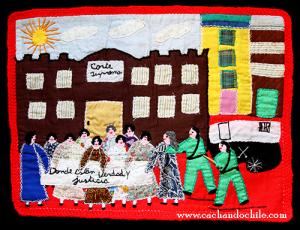In the period between the two world wars, the Catholic Church was becoming modern, accepting its place in a secular state, learning to cooperate with different groups against common enemies. But all that was compatible with a deep strain of anti-Semitism. How then did some Jews find themselves attracted to the Catholic Church, working closely with Catholics, and even becoming Catholic? Under the large tent that is the Church, a majority were staunchly anti-communist and associated Jews with communism. But anti-fascism was another strong movement. It promoted pluralism, a... Read more
















